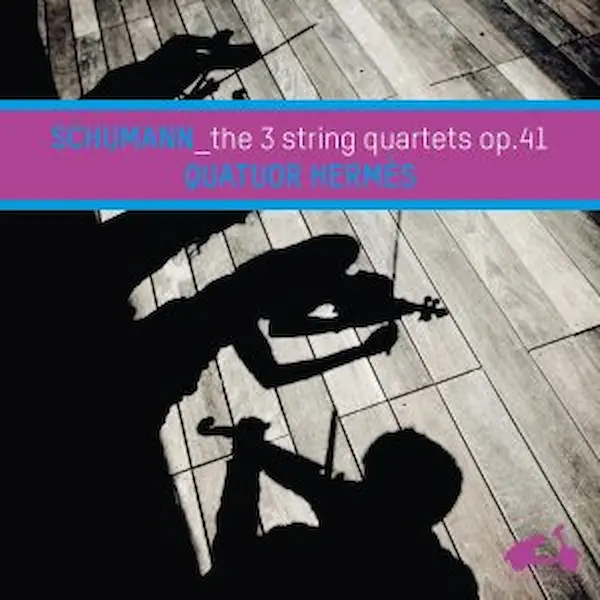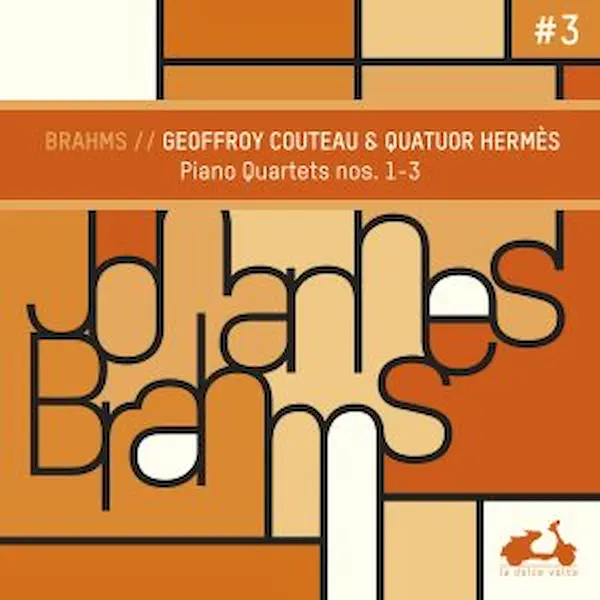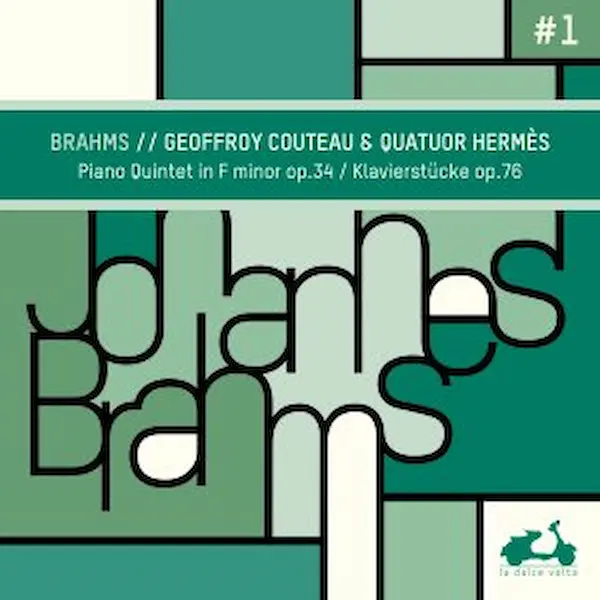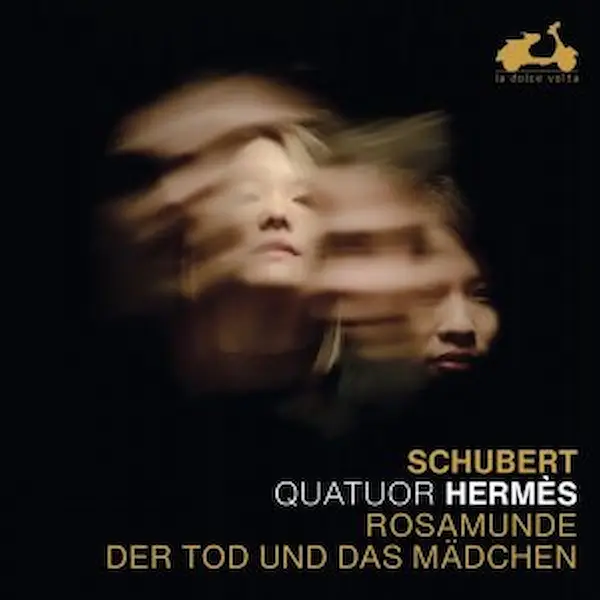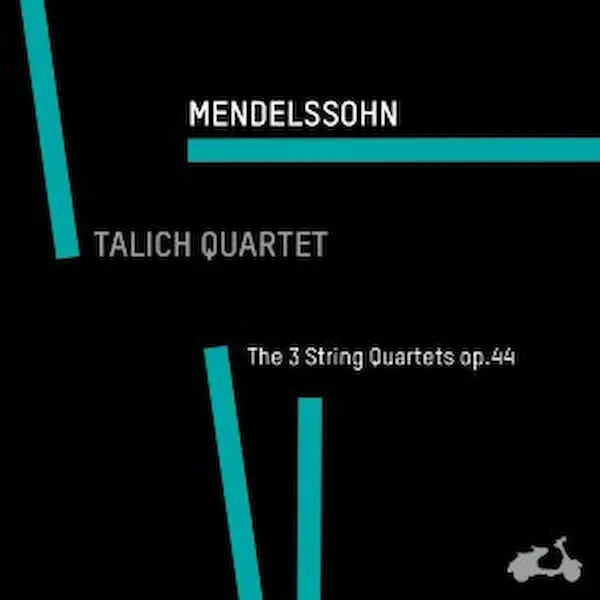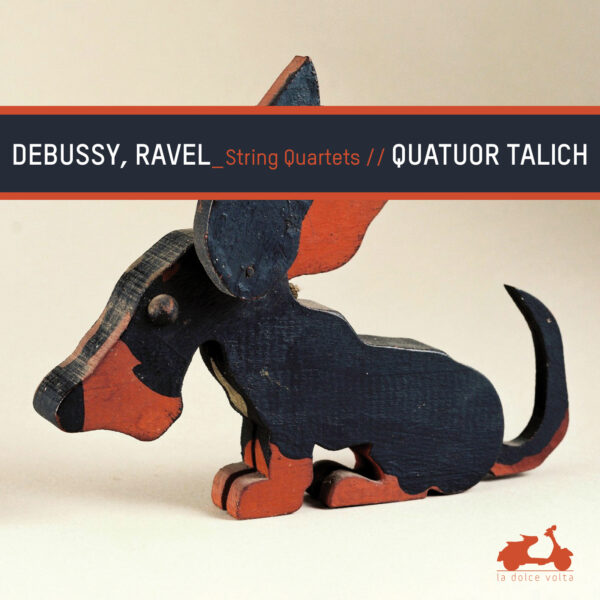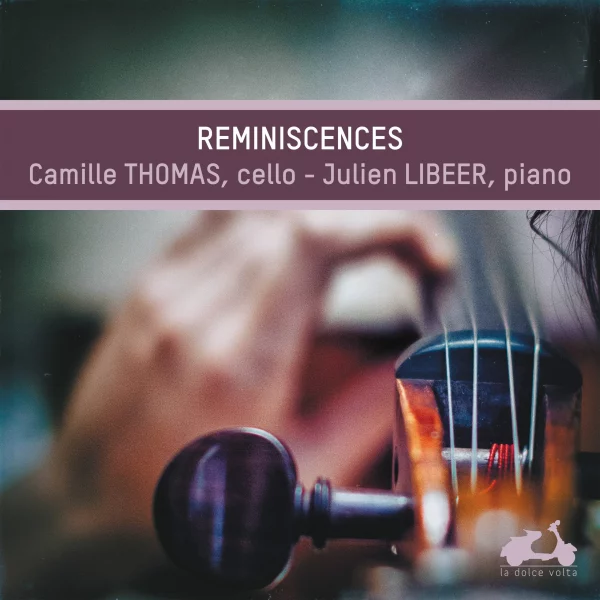Description
The record catalogues have been less generous with the three Schumann quartets than with anything else in the Romantic repertory. Ever since the album by the Cherubini Quartet, and despite the ardent performance of the Ysaÿe, we have waited in vain for these three quartets gathered under a single opus number to find their saviour among the younger formations.
Who was going to rediscover them? The Modigliani Quartet, the Ébène, the Artemis? Finally it is the four talented members of the Quatuor Hermès who have chosen them to inaugurate their collaboration with La Dolce Volta.
There is no point in beating about the bush: quite simply, their interpretation is revelatory.
While the musicologists agree that the Third Quartet is a masterpiece, the first two are generally played in its shadow, sacrificed on the altar of a certain formalism. But their sense of discourse bursts forth in the hands of the Hermès, from the classical A minor quartet, in which Schumann seems to wish to sum up the golden age of the early Romantic string quartet, to the bold strokes of harmony that give the A major work its sombre colouring and its adventurous tone, by way of what constitutes in our opinion the highlight of this disc, their lyrical, one is almost tempted to say vocal reading of the Quartet in F major.
Here the memory of Mendelssohn gives Schumann’s ideas wings: everything sings passionately in golden modulations which the Quatuor Hermès underline with sensual pleasure, yet without ever forgetting the line that lies behind the polyphonic web, nor the emotion inherent in the work.
One admires the equilibrium of the timbres, the tenderness of the dialogues, the unshowy virtuosity of a blazing Allegro molto finale, that truly chamber musical plenitude whose warm grain is perfectly captured by a natural balance. It is so rare for a sound recording of a quartet – the second biggest headache for sound engineers after the solo piano – to be a genuine success that one has a duty to single it out for mention.
Supported by these attentive microphones, the young musicians plunge into the complex mysteries of the Third Quartet, emphasising right from the Andante espressivo the suspensions of this music in which silences and abrupt changes of mood point to the chinks in the composer’s mental armour. Suddenly, Schumann was thinking only of Beethoven. And this is the very first time that seemingly obvious point has been embodied with such eloquence.




